

Showing 1 - 8 of 8
The HIV test, a vital device in the battle against HIV/AIDS, serves as a foundation for early location and treatment. This test makes a difference in people deciding their HIV status, empowering them to take vital steps for their health and well-being. Whether one looks for peace of intellect or requires restorative mediation, understanding the HIV test is crucial.
An HIV test in Gwalior may be a demonstrative device utilized to identify the nearness of HIV antibodies or antigens within the blood. It is regularly conducted through a blood test, even though verbal liquid and pee tests are too accessible. The test works by recognizing particular proteins created by the infection or the antibodies created by the resistant framework in reaction to HIV contamination.
The HIV test is suggested for different reasons, counting schedule screening, taking after potential presentation to the infection, or showing indications related to HIV/AIDS. Furthermore, people who lock in in high-risk behaviors, such as unprotected sex or sharing needles, ought to consider standard HIV testing as a portion of their healthcare schedule. Healthcare suppliers may also propose HIV testing as a portion of pre-birth care to avoid mother-to-child transmission.
After experiencing an HIV test in Gwalior, the time required to accept the test report shifts depending on the testing strategy. Fast HIV tests can come about inside minutes, whereas conventional research facility tests may take some days to prepare. Upon accepting the test comes about, people should consult with their healthcare supplier to decipher what comes about precisely and examine any vital follow-up steps, such as extra testing, treatment alternatives, or preventive measures.
HIV test charges can shift depending on the testing office and the sort of test conducted. By and large, quick tests tend to be more reasonable than laboratory-based tests. In any case, numerous healthcare offices offer free or low-cost HIV testing as a portion of open well-being activities to advance HIV mindfulness and anticipation. It is fundamental to ask around estimating and protection scope sometime recently experiencing an HIV test in Gwalior.
HIV screening tests in Gwalior are outlined to identify the presence of HIV antibodies or antigens within the blood, giving a sign of HIV disease. A positive result on a starting screening test regularly requires corroborative testing to affirm HIV determination. Corroborative tests, such as Western smear or nucleic corrosive tests, are more particular and offer assistance the show out false-positive results.
An HIV test is performed to ascreen for the presence of the Human Immunodeficiency Virus in a person’s body. There are various types of HIV tests that check blood samples or other bodily fluids for the virus. Quick diagnosis and timely treatment are vital for the effective management of HIV, so it does not reach its most advanced stage, which is AIDS (Acquired Immuno-Deficiency Syndrome).
There are mainly 3 types of tests that are used to detect the presence of the HIV virus:
Each test has its own purpose and advantages and can be prescribed in different situations. The price of the HIV test will also depend on which test is ordered.
If one suspects that they may have been exposed to the HIV virus, or if they are displaying symptoms that may indicate an HIV infection, an HIV screening test might be in order. However, instead of simply searching for an “HIV test near me”, they should consult a doctor who will be better able to take stock of the situation and prescribe a relevant screening test.
Symptoms that may indicate HIV include:
The antibody-antigen test is the most accurate and reliable test that is performed to diagnose an HIV infection. This is a combination test that detects the presence of both antibodies and the viral protein called p24 in the blood. It acts as a confirmatory test for HIV as it can detect the presence of the virus as early as 2-6 weeks post infection.
An HIV infection progresses in stages and gets worse over time with every stage. It attacks and destroys an infected person’s immune system gradually and in its most advanced stage leads to the development of acquired immunodeficiency syndrome (AIDS). There are 3 distinct stages of progression of this infection: acute HIV infection, chronic HIV infection, and the last stage, AIDS. To prevent it from advancing from one stage to the next, a timely diagnosis is vital. The enzyme-linked immune sorbent assay or ELISA test for HIV has the highest accuracy. With a proper treatment plan, it is possible to manage HIV and live a normal and long life.
There are several tests that can be used for the diagnosis of an HIV infection, and the normal range will be different for each. The normal range of the Elisa HIV test will be different than that of the HIV viral load test and the antibody test. Apart from this. there are also several factors, such as age, medical history, etc. that can affect one’s test results. The normal range of a particular test also varies from one lab to another.
So, it is always best to avoid confusion and consult a doctor with the results, so a proper diagnosis can be done.
A rapid HIV test is a diagnostic test that provides quicker results as compared to regular diagnostic and screening tests. The rapid HIV test can be performed using any bodily fluid sample, including saliva, nasal secretions, and urine. A special substance is then added to the sample and if the HIV virus is present, it will cause a chemical reaction, the results of which will be shown using a dipstick or a rapid test cassette.
The HIV 1 and 2 test is the most commonly prescribed screening test for HIV. This is an Enzyme-Linked Immuno Sorbent Assay (ELISA) test that detects the presence of HIV antibodies in the blood. A highly accurate test, the HIV 1 and 2 test can detect the presence of HIV as early as 2-6 weeks after infection. However, one should keep in mind that this test can only help detect the presence of the virus in the blood and must be followed by further testing for a more comprehensive diagnosis.
At-home HIV tests are rapid tests that individuals can perform by themselves. An oral fluid sample is collected using a swab. The test looks for the presence of HIV antibodies in the sample. However, with high chances of receiving false negatives, at-home tests are not always the most reliable. It is always a better idea to book a cost-effective HIV test (prescribed by the doctor) at an accredited diagnostics centre like Max Lab for proper results.
Getting a positive result in an HIV screening test is not the end of the world. With timely diagnosis and proper care, it is possible for a person with HIV to live a normal, long, and healthy life. Counselling is generally offered to individuals who are HIV-positive to help them understand their condition and the steps that they need to take next. Based on the progression of the virus, an AIDS test may also be suggested.
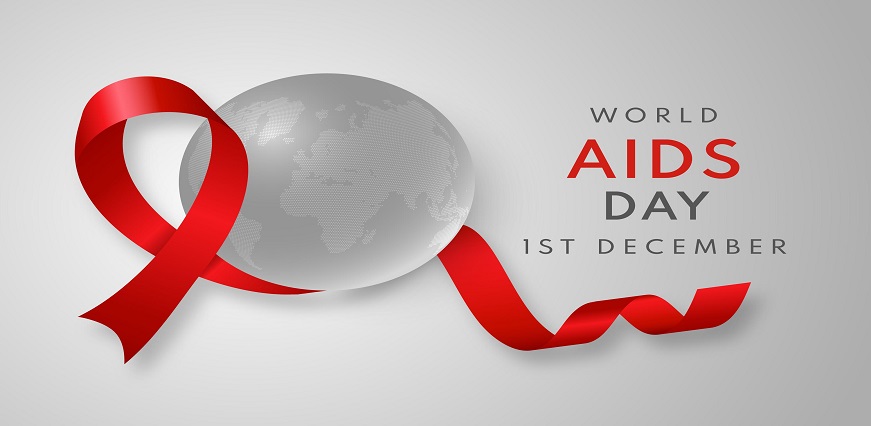
World AIDS Day is a vital opportunity for individuals and communities to come...Read More

When that time of the month rolls around, many people wonder if it’s st...Read More
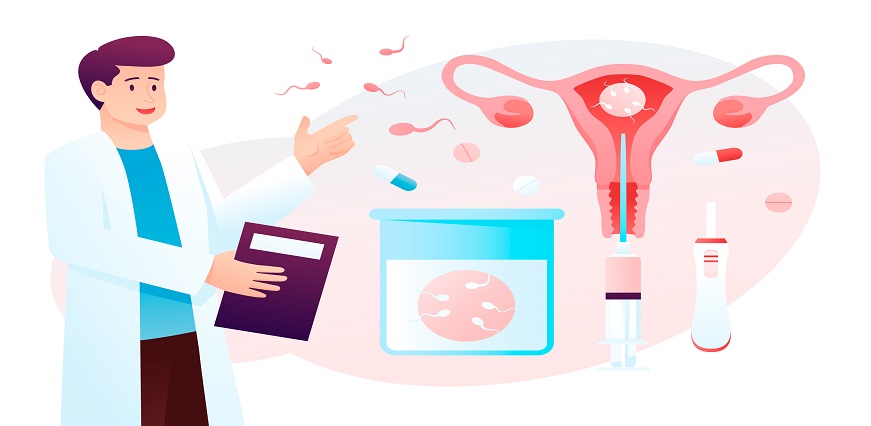
India is a country where sexual health is not discussed in the open. In fact,...Read More

The elimination of waste products, toxins, and excessive water from the body ...Read More
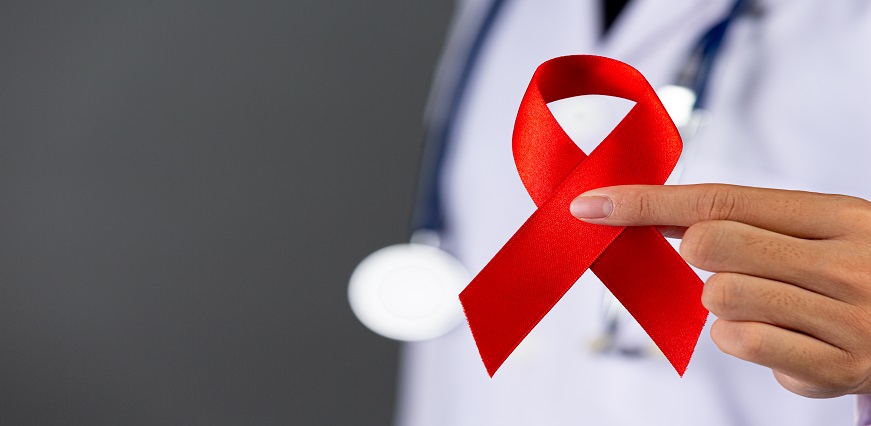
Sexually transmitted diseases (STDs) are infections that are passed from one ...Read More
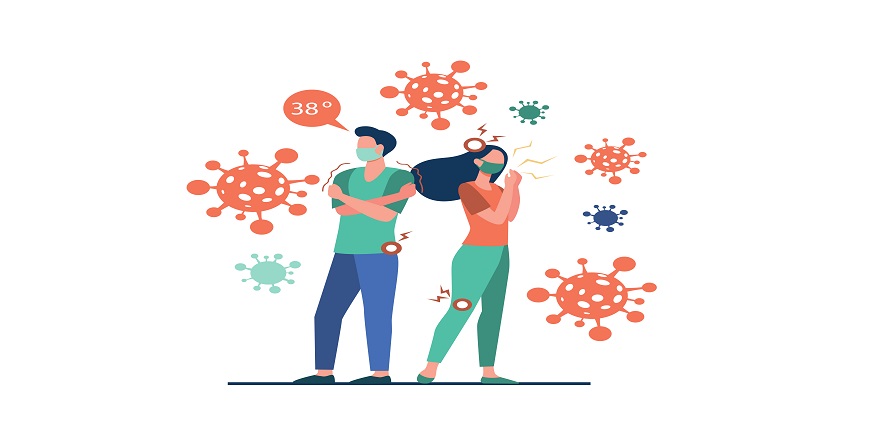
Also known as sexually transmitted infections (STIs), sexually transmitted di...Read More
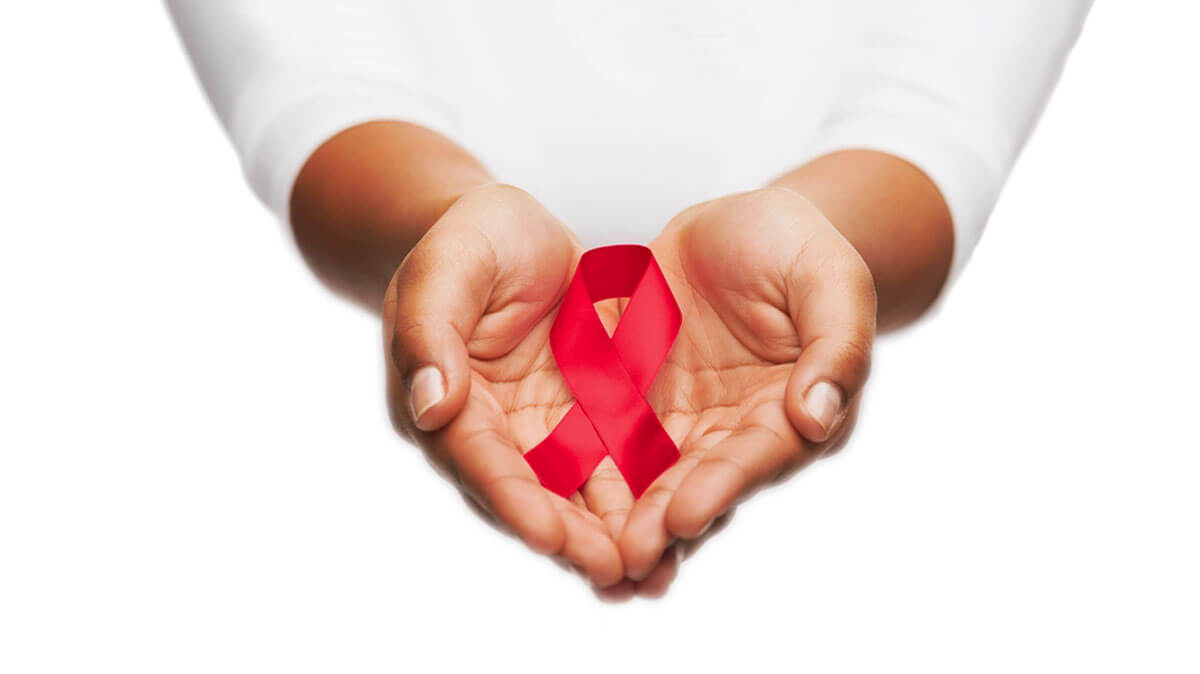
HIV stands for human immunodeficiency virus. It is a type of sexually transmi...Read More
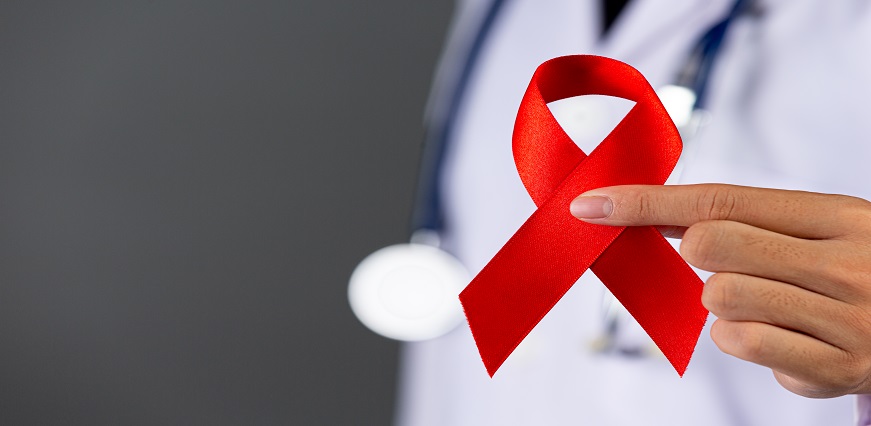
Human Immunodeficiency Virus, or HIV, is a virus that was first detected in h...Read More